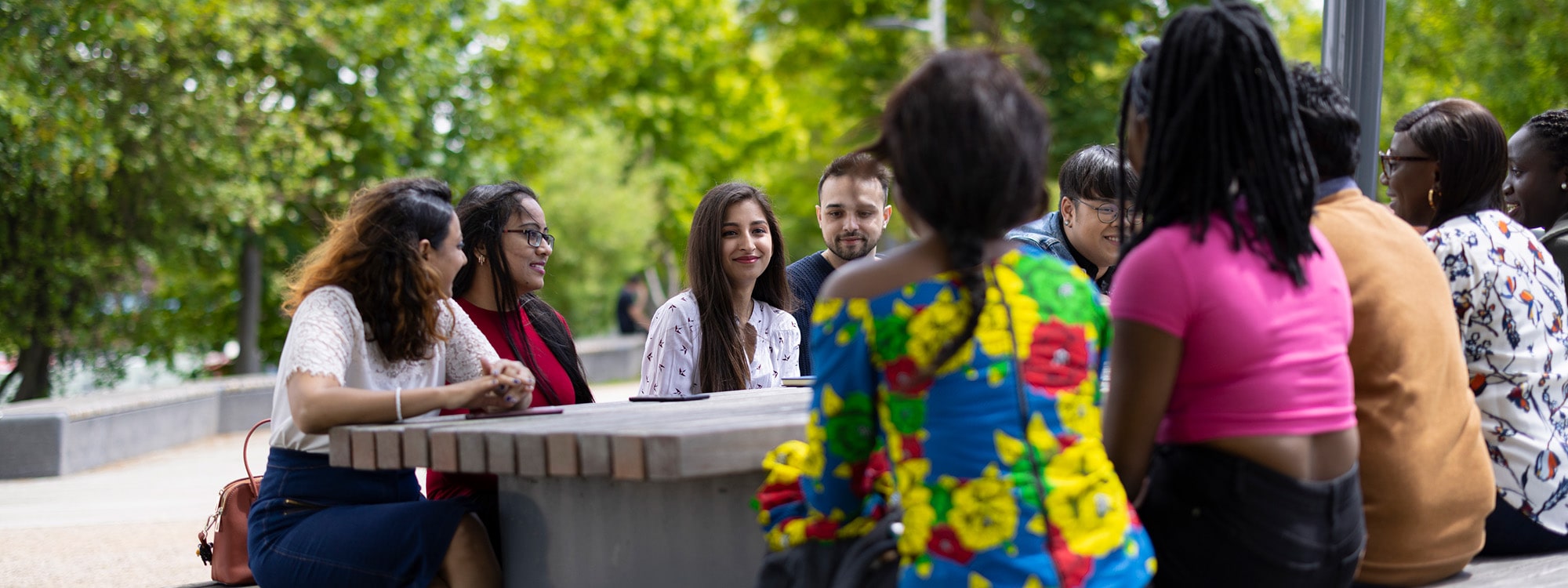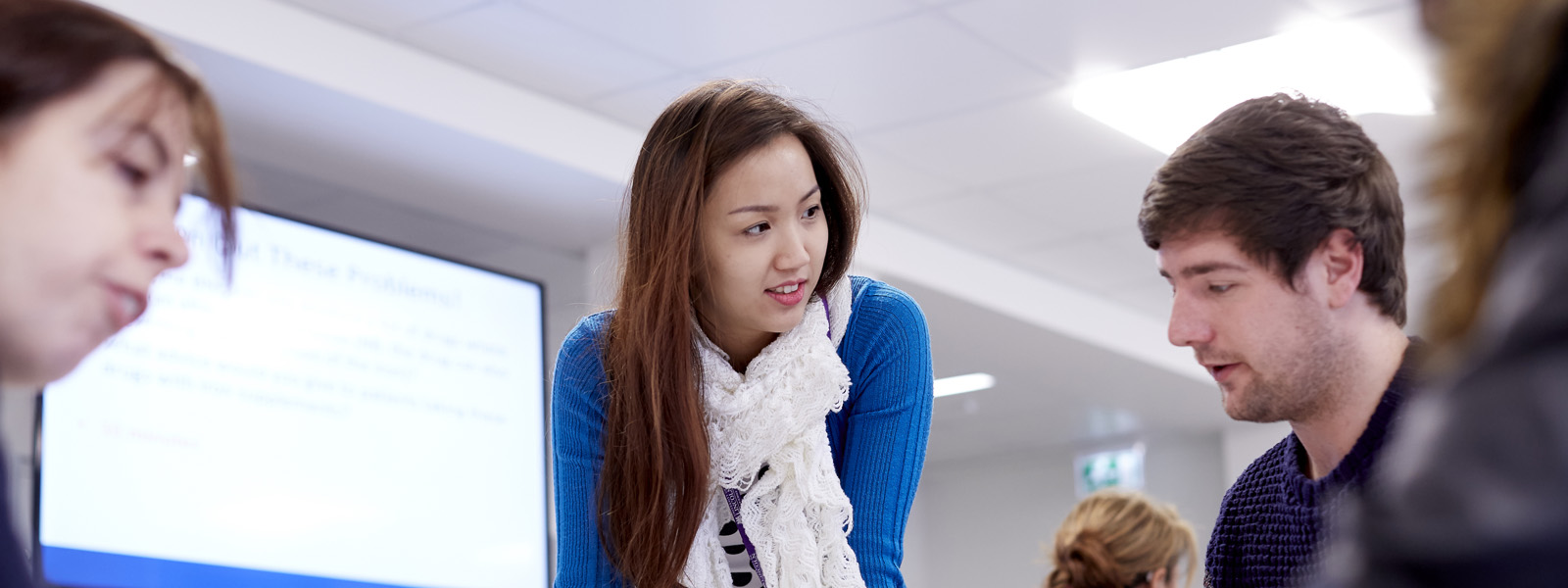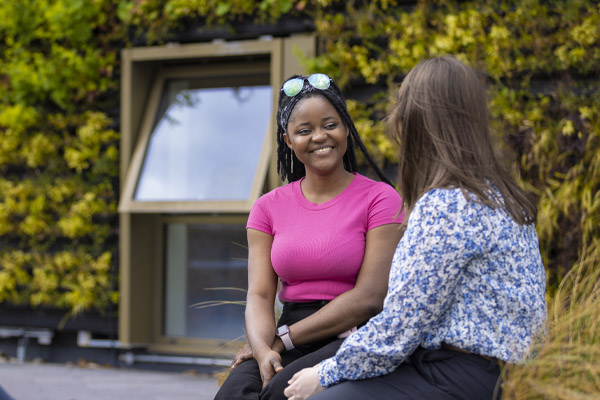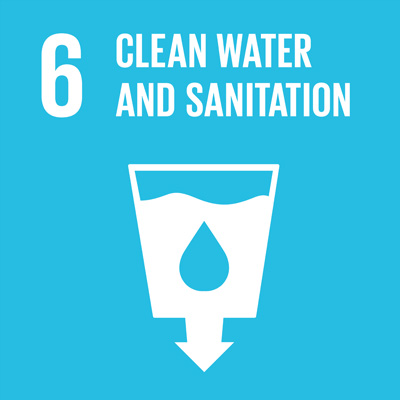Eleanor Glanville Institute
One of the main goals of the Institute is to make sure no one is left behind ─ to establish a level playing field for all, develop leaders in a diverse and inclusive environment, and ensure everyone reaches their full potential. To this end, it has developed a number of inclusive practice resources to guide and support inclusive cultures, environments, and experiences across staff, student, and wider communities.
Explore the Institute






